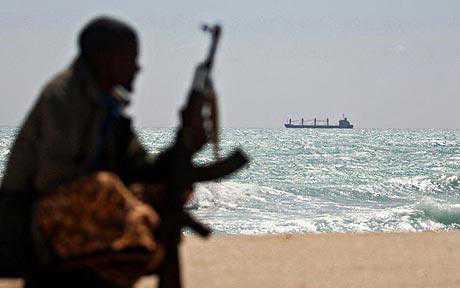By Ayla Jean Yackley
ISTANBUL | Mon Apr 8, 2013 10:19am EDT
(Reuters) – Israel’s apology to Turkey over the 2010 killing of nine Turks aboard a Gaza-bound aid ship did not go far enough and Israeli soldiers will be pursued in court, survivors of the incident said on Monday.
In a rapprochement brokered by U.S. President Barack Obama, Israeli Prime Minister Benjamin Netanyahu apologized to his Turkish counterpart Tayyip Erdogan on March 22 for the killings, pledged compensation to the bereaved or hurt and agreed to ease a six-year blockade on Gaza. Erdogan said these gestures met his conditions for normalizing relations with its erstwhile ally.

U.S. Secretary of State John Kerry said while visiting Istanbul on Sunday that restoring full ties between Turkey and Israel was vital to regional stability.
With the apology, Israel aimed to end a three-year diplomatic crisis with Turkey, once its closest regional ally, that erupted when Israeli soldiers stormed an international flotilla carrying relief aid to challenge the Gaza blockade.
As part of the agreement on compensation, Israel wants lawsuits against its soldiers to be dropped.
“We will continue with the criminal lawsuits we have opened against the Israeli soldiers and commanders, and we won’t accept dropping this suit if compensation is paid,” said Musa Cogas, who was wounded by Israeli gunfire on board the Turkish-owned Mavi Marmara, part of a flotilla carrying aid to Palestinians.
An Istanbul court is hearing charges that have been filed against four of Israel’s most senior retired commanders, including the ex-army chief, in absentia and could carry life sentences. Israel has called this a politically motivated “show trial”.
Ahmet Varol, a journalist who was on the Mavi Marmara, said one “formula for a resolution” would be for Israel to provide a timetable for ending the blockade of Gaza, ruled by the Islamist Hamas movement, and make Turkey a monitor of that process.
“Our efforts are for the full lifting of the blockade. Nobody wants compensation, and while an apology may have diplomatic meaning, it means nothing to the victims,” he said.
The apology nonetheless showed Israel had accepted its wrongdoing in the incident, Varol added.
The United States has urged the two sides to mend fences to ease Israel’s diplomatic isolation in the Middle East and to improve coordination to contain spillover from the Syrian civil war and face the challenge of Iran’s nuclear program.
A senior Israeli official told Reuters last month Israel did not commit to ending its Gaza blockade as part of reconciliation with Turkey and could clamp down even harder on the Palestinian enclave if security is threatened.
“It’s not possible to heal my wounds with just an apology,” said Cogas, who was shot in the shoulder by Israeli marines. His friend of 30 years, Cengiz Songur, was killed in the raid. “Unless these soldiers are punished and the blockade is lifted…, we won’t accept compensation.”
(Editing by Nick Tattersall and Mark Heinrich)
via Turkish ship raid victims to go to court despite Israeli apology | Reuters.




